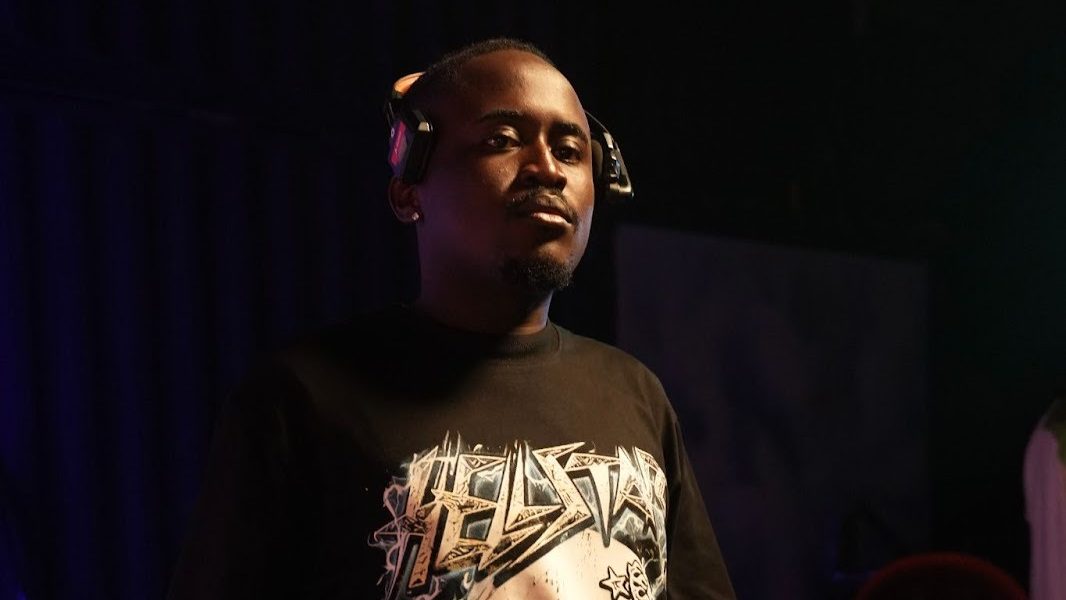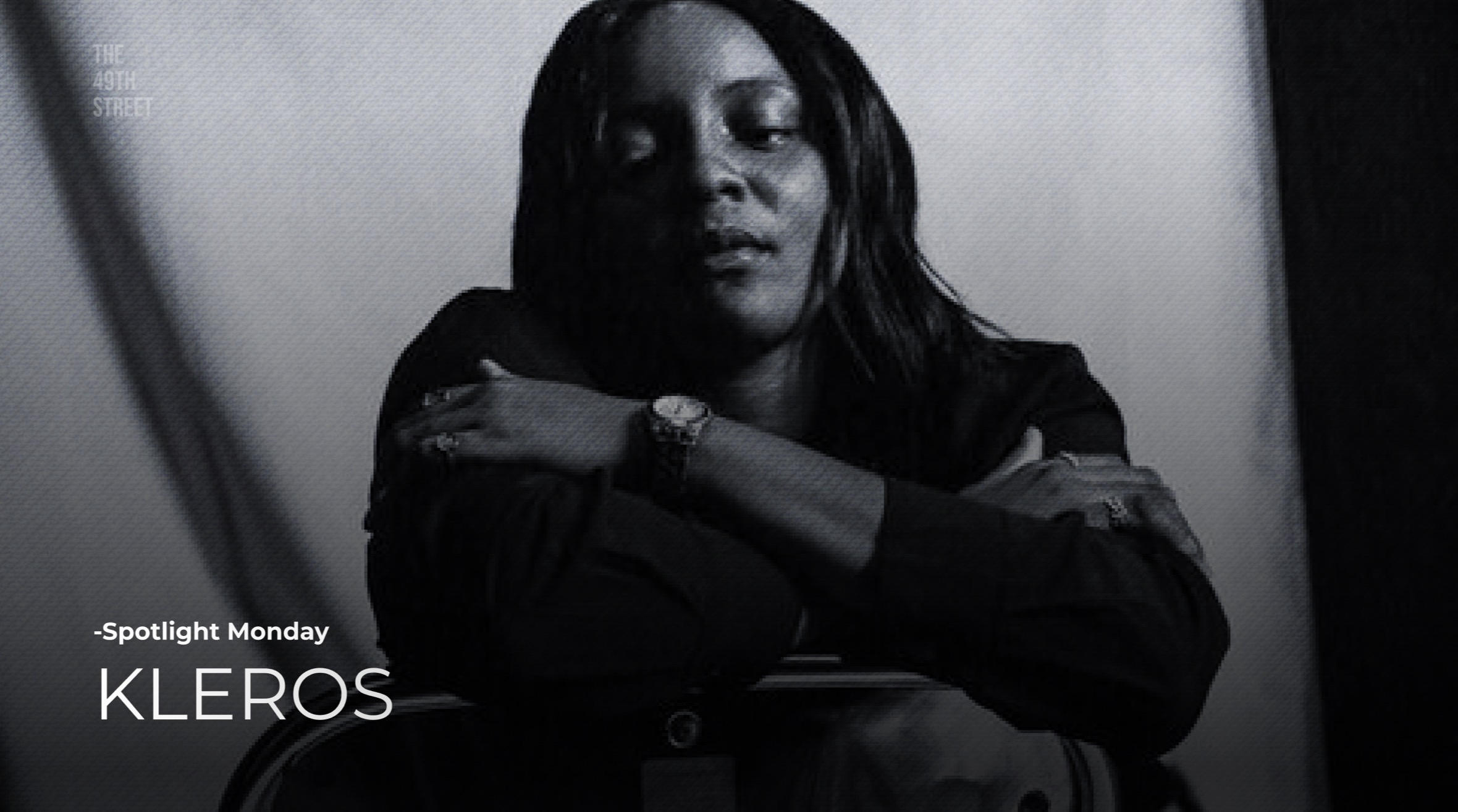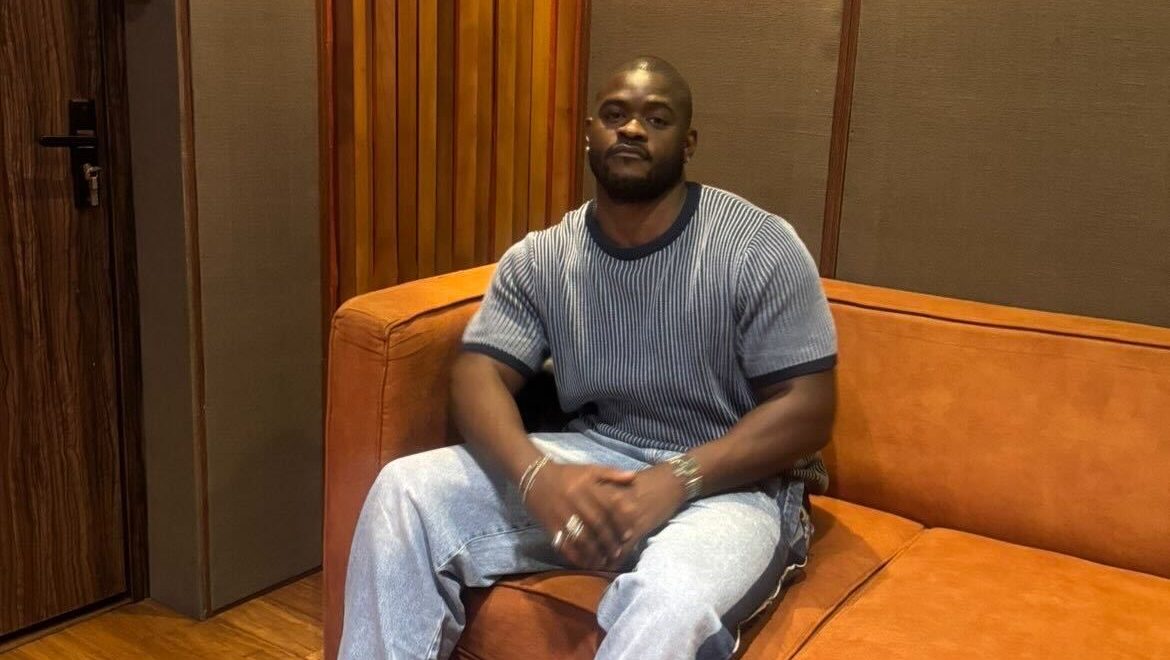Filmmaker Myde Glover is tackling one of Nollywood’s biggest bottlenecks: distribution. In an industry where streaming platforms have come and gone, festival slots remain limited, and YouTube often buries films in endless scrolls, the challenge isn’t just making movies; it’s getting them seen.
With The Exclusive Screening, Glover is carving out a space where short films can be experienced on the big screen with the same premiere-style treatment as features. After a successful debut in 2023, the showcase returns as The Exclusive Screening 2.0 on October 5th, 2025, at Alliance Française, Mike Adenuga Centre, Ikoyi, Lagos.
Myde Glover:This edition will feature four titles Glover has worked on with fellow filmmakers: We Are Good People (dir. Ola “Naked” Jegede), Convictions (dir. Ola “Naked” Jegede), It Shines Bright on Monday (dir. Horla Manuvor), and Two Hearts, One Soul (dir. Myde Glover). Spanning genres from psychological drama to romance, the lineup underscores both Nollywood’s evolving storytelling and the appetite for alternative avenues where audiences can connect with fresh voices.
A graduate of Theatre and Media Arts at Federal University Oye Ekiti and an alum of EbonyLife Creative Academy, Glover has steadily built his career across acting, writing, producing, and directing. With The Exclusive Screening, he is extending that ambition beyond individual projects, using the showcase to spark conversations about distribution, visibility, and the cinema culture Nollywood still needs to strengthen.
This is the second edition of your short film screening. Why was it important for you, as an independent filmmaker, to create a consistent platform for your work outside the traditional Nollywood channels?
Myde Glover: To be honest, after the first edition I didn’t think I would do it again. It was exhausting. My partner and I were basically doing everything ourselves, from logistics to cinemas to all the behind-the-scenes. At one point, I even had a panic attack when things were going wrong. So my initial reaction was, “I’m not doing this again.”
But after the event, things started falling into place. People came out to see the crazy ideas in my head, and they loved it. You could feel the energy in the room when people laughed, reacted, or whispered to each other. That reminded me why filmmaking is so beautiful.
It became one of my proudest moments. And beyond people asking us to bring it back, I wanted that community again. People dressing up, taking pictures, and coming together for stories. That’s why it was important to keep it going.
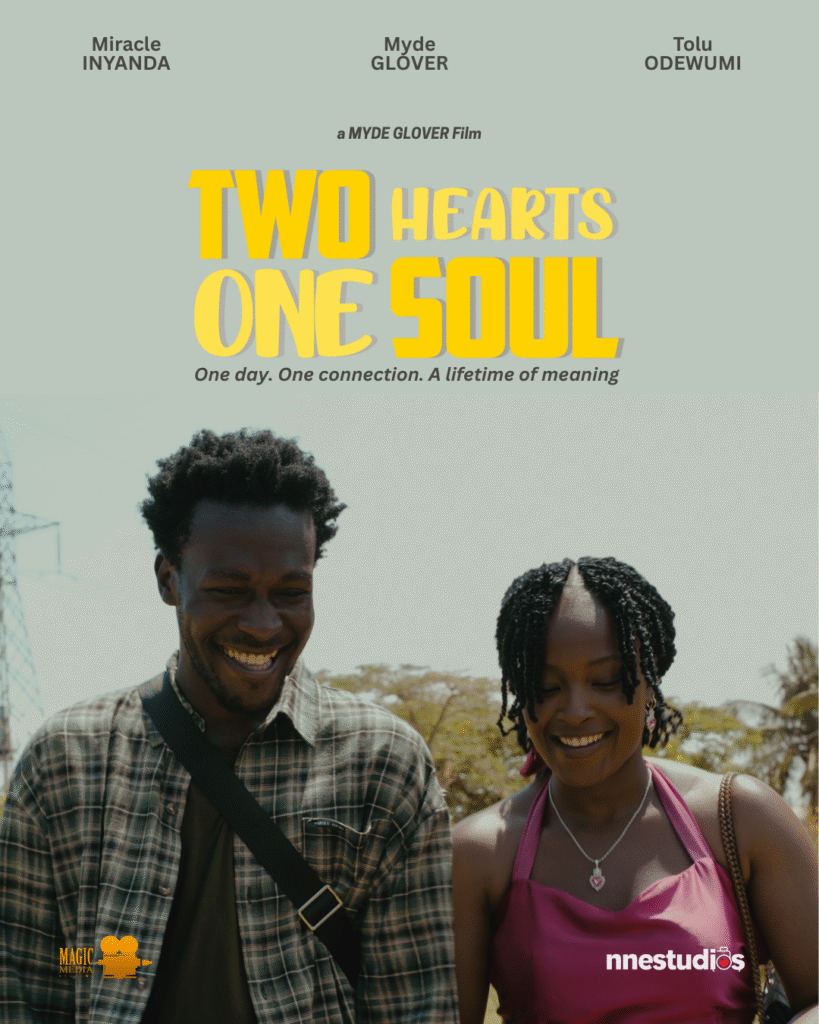
Independent filmmakers often struggle with visibility once a project is completed. What made you decide that building your own screening and distribution model was the way forward?
Myde Glover: I wouldn’t necessarily say I’ve built a distribution model; this was born out of passion. My company, Magic Media Studios, and my partner’s company, Nne Studios, came together after we made a couple of films. We didn’t like the idea of just putting them on YouTube and sending links to friends.
Festivals are great, but I’ve been both accepted and rejected. Sometimes it’s just not what they want. With YouTube, unless your film goes viral, only the people you send the link to will see it. So we asked ourselves: what does it feel like to give short films the same kind of premiere treatment as features? Why can’t audiences experience them in a cinema, with the lights, the screen, and the reactions?
That’s how The Exclusive Screening started.
Festivals and streamers are often seen as the only viable routes for short films. How does your initiative challenge that notion?
Myde Glover: I don’t know if it challenges so much as it inspires. What it shows is that you don’t have to wait. Build your audience now. Nobody wants to make a film that only their mum and dad watch. You want strangers in the room, people who love film, reacting to your work.
That’s what excites me. With this platform, new filmmakers, new actors, and fresh talents get their first chance to see their work on a big screen. For audiences, it’s the thrill of watching something different, from voices they don’t know yet.
And for the industry, it says: these young people are building without you. Maybe it’s time to bring them to the table.
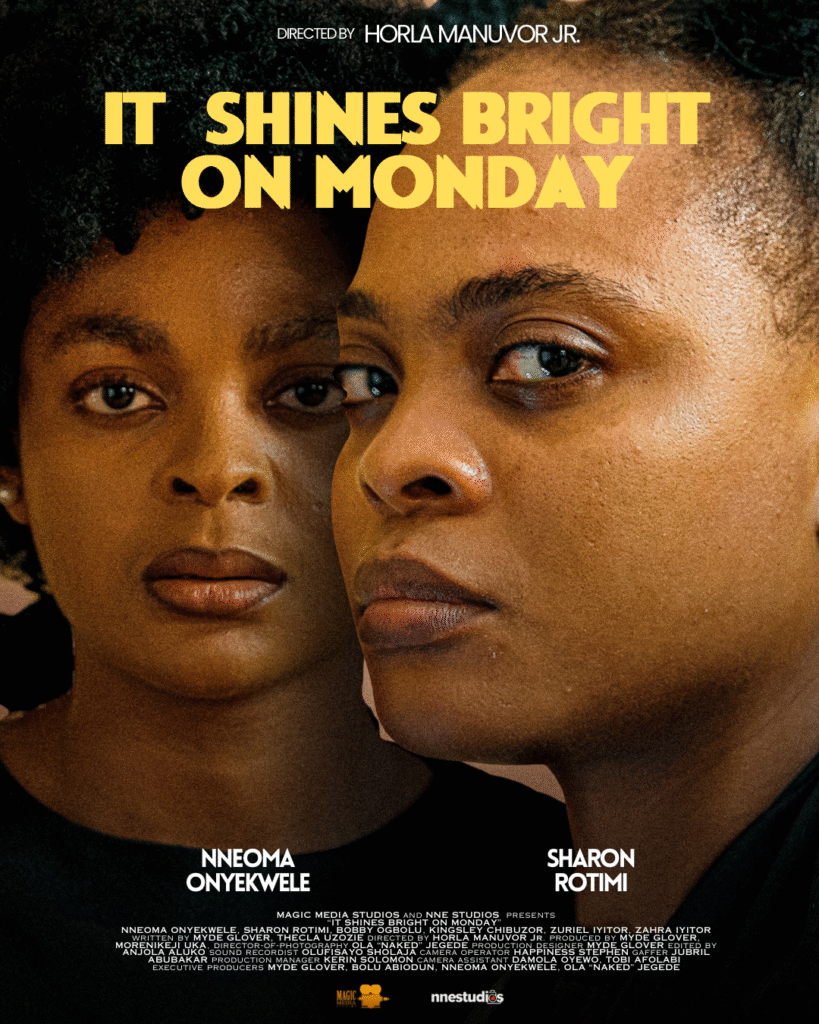
Without the backing of big production houses, how did you practically pull this screening together from venue to audience to publicity?
Myde Glover: It’s really about collaboration. For the first edition, we were doing almost everything ourselves, which was hard. But we also had help from friends, partners, and people who believed in the idea.
For example, Take One Studios had something called “Night of Shorts” at the time, and seeing that gave us the push to say, “why not?” From venue to publicity, it was about convincing people that short films deserve the same treatment as features. And honestly, it was a lot of passion, sleepless nights, and teamwork that made it happen.
You’re also working on a channel for distribution. Do you see this as a model other independent filmmakers can plug into, or is it primarily for your own body of work?
Myde Glover: Definitely a model others can plug into. Right now, we’re building a voice and a community. But the bigger vision is for it to become one of the best opportunities for young filmmakers to showcase their work.
It might start with our films, but eventually it will open up with calls for submissions, red carpets, and premieres for films that usually wouldn’t get that kind of attention. It’s not exactly a festival but a premiere-style showcase where short films get the spotlight they deserve.
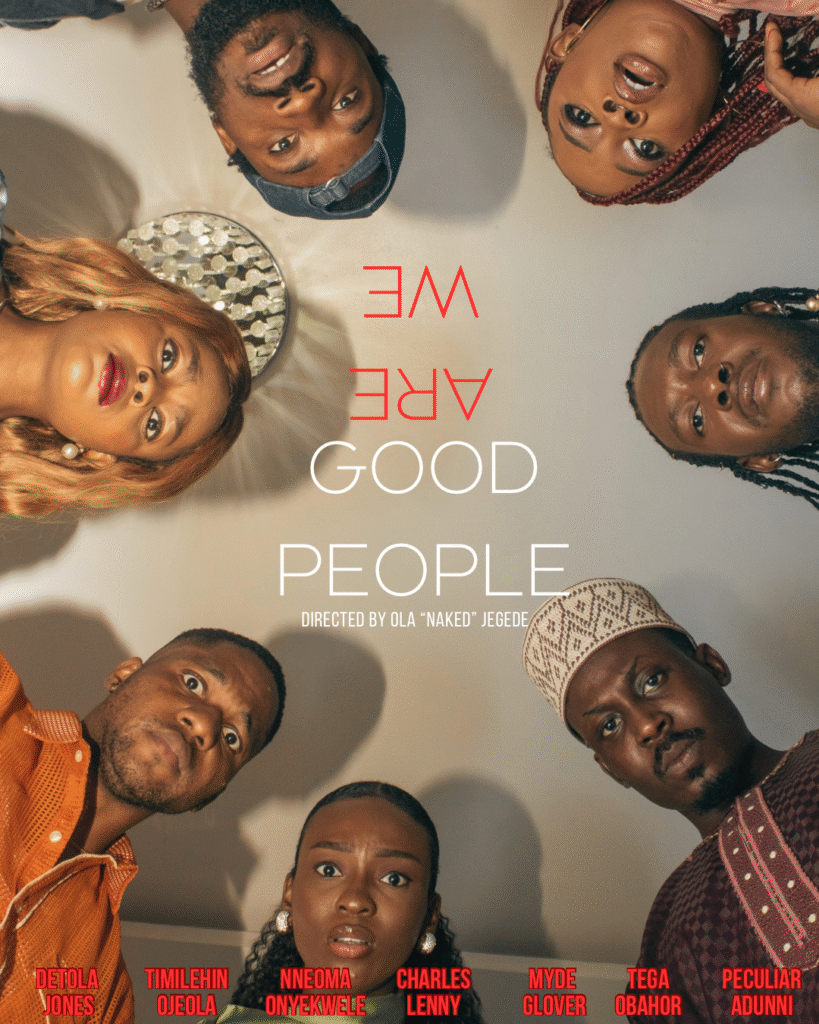
What has been the audience response so far, and does it affirm that there’s a hunger for alternative spaces to watch Nollywood stories?
Myde Glover: Definitely. The first edition was two years ago, and even when we couldn’t do it last year, people kept asking when the next one would happen. That meant a lot.
This year, from the moment we started marketing, people have been buying tickets. And with the economy the way it is, for someone to spend ₦10,000 or ₦15,000 — plus transport and maybe dinner — it means they genuinely want to be there. That shows there’s a real hunger for spaces like this.
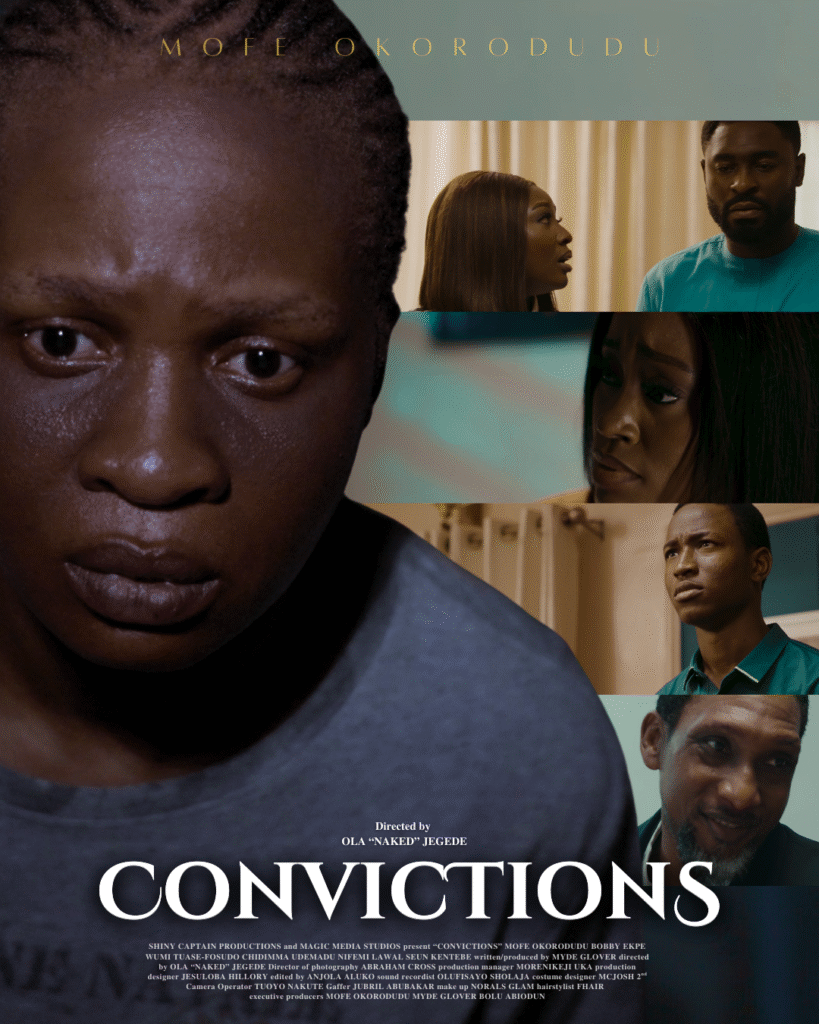
In a landscape where the industry gatekeepers are usually festivals and big streamers, what does independence mean to you as a filmmaker and what do you hope it can mean for others?
Myde Glover: Honestly, I don’t want to be independent forever; I want the money to make bigger films. But independence allows you to tell the stories you’re passionate about without waiting for permission.
It means being bold, taking risks, and standing on business. Because making a film is one thing, but figuring out how people will see it is another. Being independent means doing both, and it comes from love for the craft.
For others, I hope it means courage. Courage to start now, with what you have, and to trust that there are audiences who want to discover new voices.


